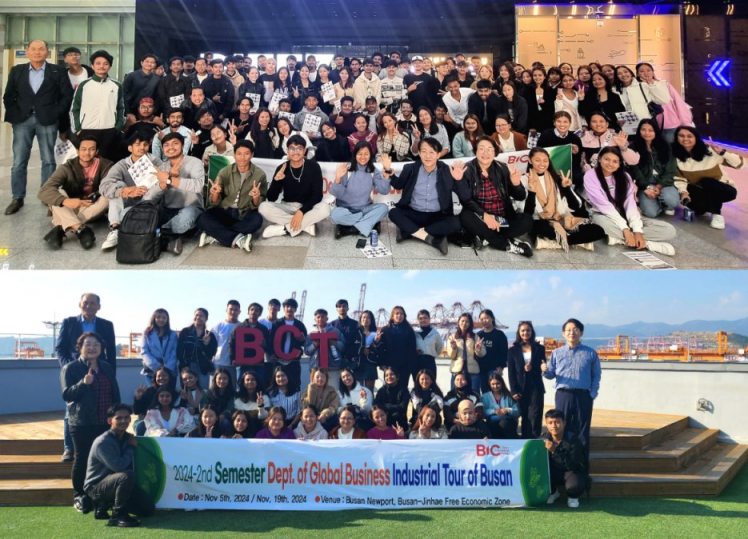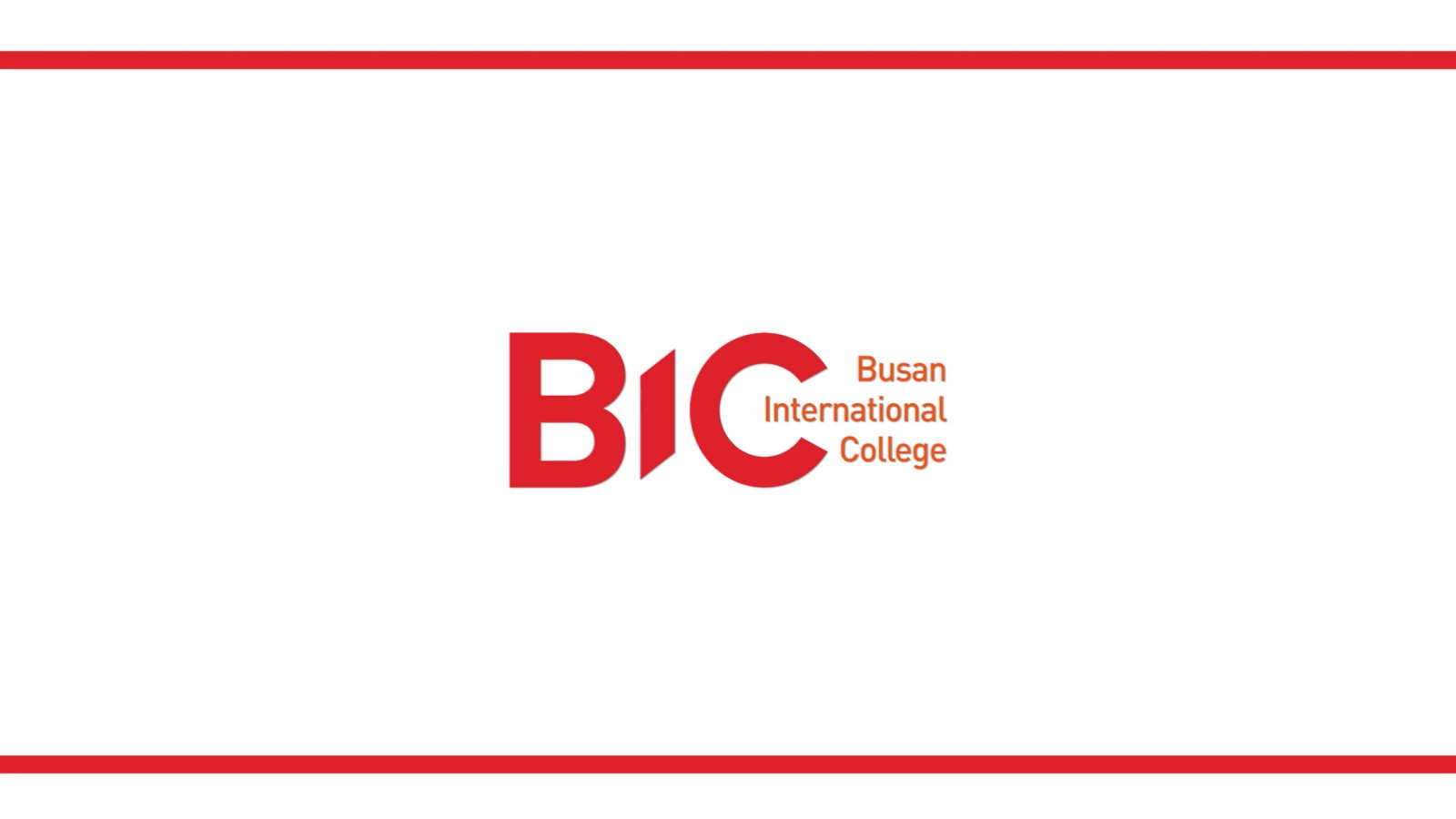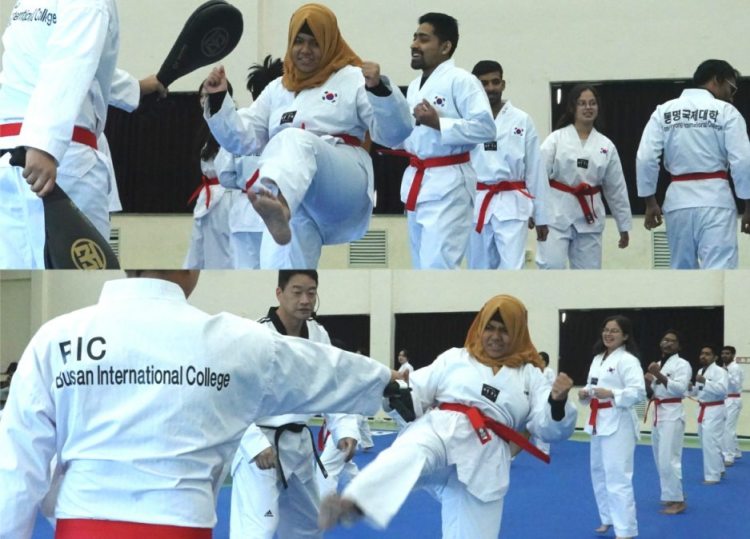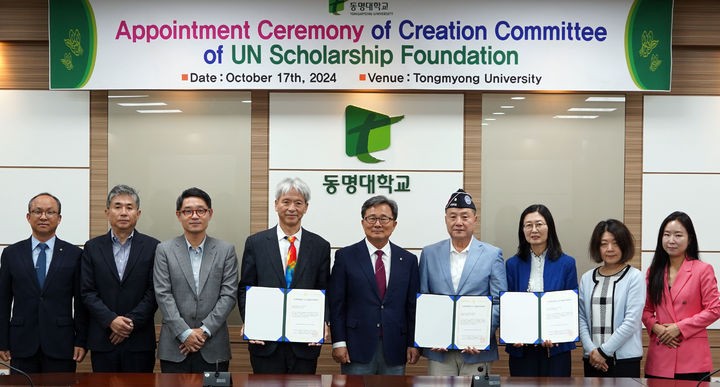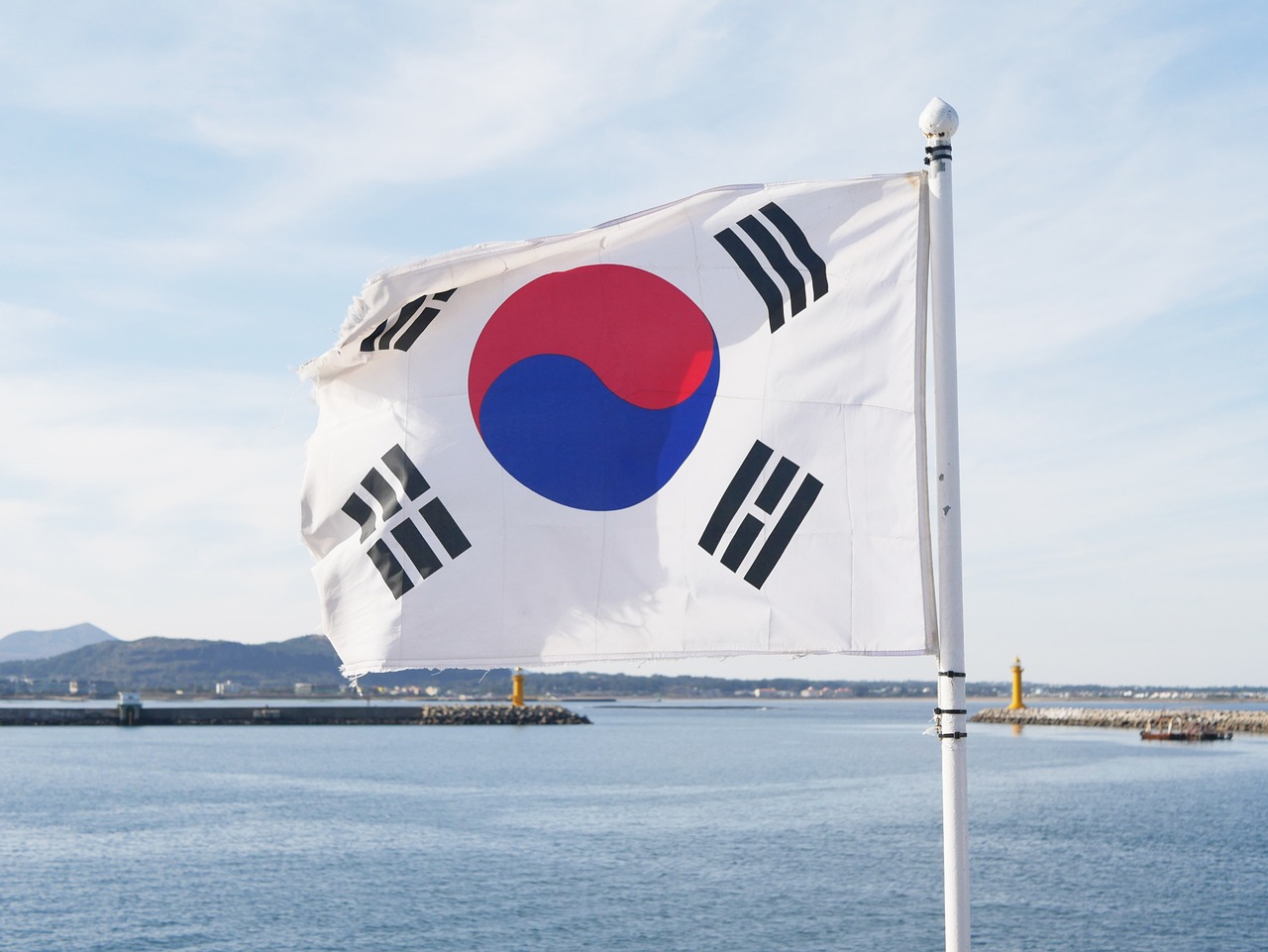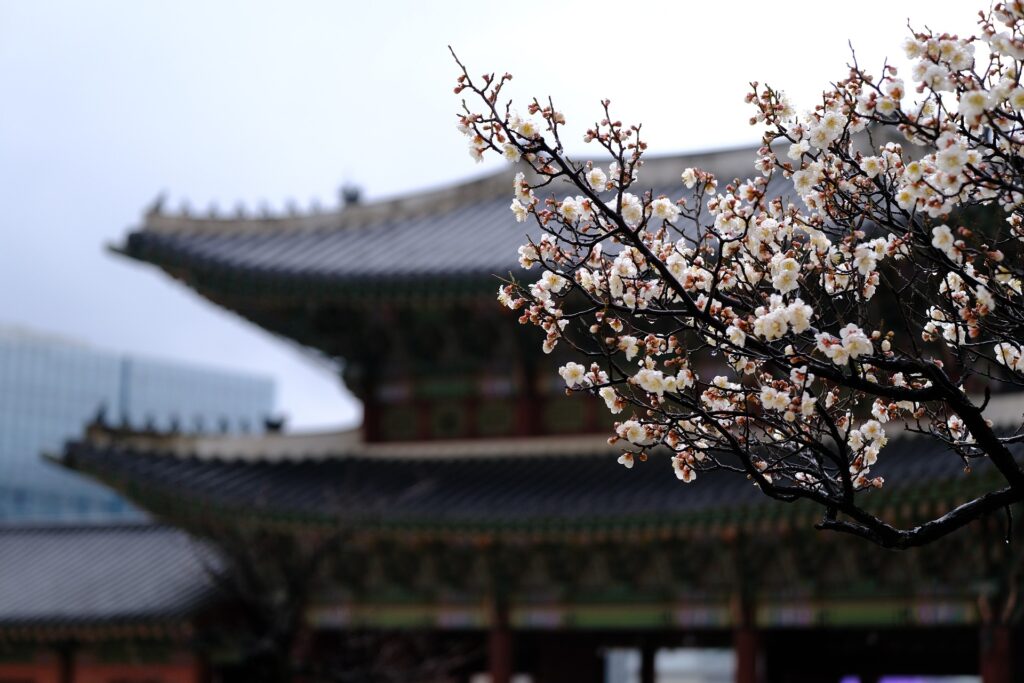
Navigating Entry into Korea: Visa Requirements Explained
Before planning a trip to South Korea, it is important to understand the visa requirements to ensure a smooth entry into the country. While South Korea has a visa waiver program that allows citizens of certain countries to enter for a limited period without a visa, it is essential to check the specific regulations based on your nationality and purpose of travel. In this article, we will provide an overview of visa requirements for entering Korea.
Visa Waiver Program:
South Korea has a visa waiver program that allows citizens of numerous countries to enter without a visa for a specified period. These periods vary depending on the purpose of travel, such as tourism, business, or transit. The visa waiver program is subject to certain conditions, including passport validity, return/onward travel tickets, proof of sufficient funds, and restrictions on employment activities.
Visa-Exempt Countries:
As of the knowledge cutoff in September 2021, citizens from approximately 112 countries can enter South Korea without a visa for tourism, business, or transit purposes, usually for a stay of up to 30, 60, or 90 days. Some visa-exempt countries include the United States, Canada, United Kingdom, Australia, New Zealand, most European Union member states, and many Southeast Asian countries. However, it is crucial to verify the specific duration and conditions of visa exemption for your country of citizenship.
Visa-on-Arrival:
For citizens of certain countries that are not eligible for visa exemption, South Korea offers a visa-on-arrival option for specific purposes, such as tourism or business. However, it is important to note that this option is limited and not available for all nationalities. The visa-on-arrival allows for a stay of up to 90 days and requires the fulfillment of certain conditions, including supporting documentation and payment of the visa fee upon arrival.
Consular Visa Application:
For travelers from countries that are not eligible for visa exemption or visa-on-arrival, a consular visa application is required before entering South Korea. This process typically involves submitting an application at the nearest South Korean embassy or consulate, along with the necessary supporting documents, such as a valid passport, visa application form, proof of travel itinerary, financial documents, and an invitation letter if applicable.
Work and Study Visas:
If you plan to work or study in South Korea, a different set of visa requirements apply. Work visas (E-series visas) and study visas (D-series visas) generally require sponsorship from an employer or educational institution in South Korea. The application process may involve additional documentation, such as employment contracts, acceptance letters from educational institutions, and medical certificates.
Understanding the visa requirements for entering South Korea is crucial to ensure a hassle-free travel experience. While citizens of many countries can enter South Korea without a visa for a limited period under the visa waiver program, it is essential to check the specific conditions and duration of visa exemption. If visa exemption is not applicable, travelers must follow the appropriate visa application process, either through visa-on-arrival or consular visa application, depending on their country of citizenship. For those planning to work or study in South Korea, specific work or study visas are required. It is advisable to consult the nearest South Korean embassy or consulate for the most up-to-date information and guidance regarding visa requirements based on your nationality and purpose of travel.





